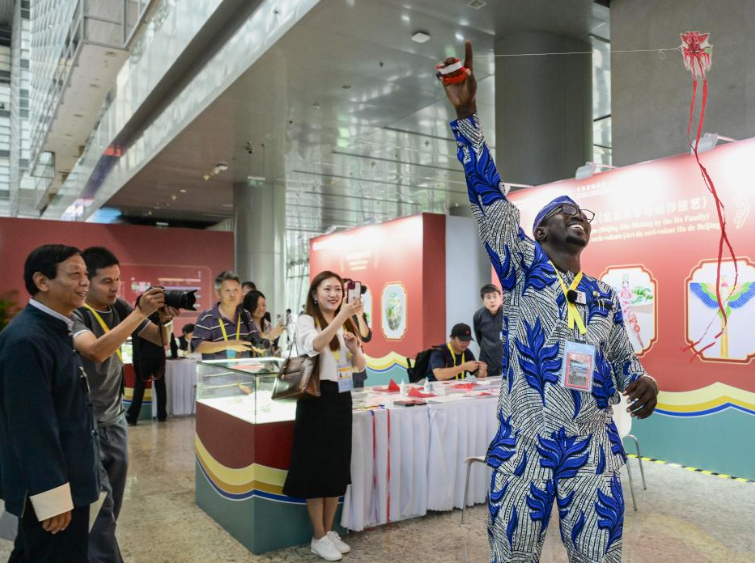Building a Shared Future: How FOCAC Is Forging a Deeper China-Africa Partnership

Together, these developments illustrate a mature, multidimensional partnership capable of delivering both robust economic growth and sustainable, people-centered progress.
The gathering of over 200 participants from Africa and China in Addis Ababa for the China-Africa Innovation Cooperation Day was more than a ceremonial event — it showcased a rapidly deepening partnership.
Operating under the Forum on China-African Cooperation (FOCAC) and the Belt and Road Initiative (BRI), this collaboration is solidified through intergovernmental agreements on science and technology. As China’s Minister of Science and Technology Yin Hejun highlighted, these agreements have become a cornerstone of the broader China-Africa friendship and collaboration.
Since its inception 25 years ago, FOCAC has evolved from a platform for promising dialogue into a vital driver of tangible projects, especially in digitalization and green growth. Marking its 25th anniversary this year, it’s an ideal time to build on this momentum.
The 2024 FOCAC Summit in Beijing signaled a pivotal shift in China-Africa relations, from broad promises to a structured framework focused on actionable cooperation. Key priorities such as green development, industrial promotion, and sustainability are encapsulated in the 10 partner actions, alongside strengthened commitments to people-to-people exchanges and security cooperation.
The outcomes for Africa are substantial. The Beijing Action Plan commits to specific deliverables, including new digital technology centers and nearly 30 infrastructure projects. This plan elevates FOCAC from a forum of promises to an engine of concrete action.

A shared commitment to green development underpins FOCAC’s vision, addressing climate challenges that disproportionately affect Africa. Joint initiatives such as climate warning systems, biodiversity preservation mechanisms, and a bilateral green industrial fund demonstrate that Sino-African cooperation extends beyond trade and industry to confront urgent environmental issues such as desertification and deforestation.
Economic ties reflect this growing collaboration. In the first eight months of 2025, bilateral trade surpassed $222 billion, a 15% increase year on year. China’s reduction of tariff barriers — including zero tariffs for least-developed countries — provides African economies with a stable trade environment amid global volatility. Countries like Cameroon and Ethiopia have seen rising exports of cocoa and coffee, while Chinese ports like Yantai in Shandong province reported over 80% annual growth in shipping volume to Africa.
Beyond trade, FOCAC has developed a comprehensive financial cooperation mechanism with ongoing follow-up and coordination. The 2024 summit’s implementation outcomes detail specific financial deliverables supported by practical tools such as local currency settlements and Panda bonds. The restoration of a $50 million fund within a China-World Bank partnership further emphasizes the commitment to inclusive, impactful development financing.
On the ground, cooperation is strategic and community focused. China has revitalized flagship projects like the Tanzania-Zambia Railway to enhance regional connectivity, while also prioritizing grassroots development around major cities, such as Nairobi and Johannesburg. Initiatives like rural road construction, clean water provision, and health clinic development complement large infrastructure projects with direct socioeconomic benefits for marginalized communities.
FOCAC’s “people-to-people exchanges” pillar fosters mutual understanding through educational and cultural programs. The Universities 100 Cooperation Plan now includes 114 institutions, Luban Workshops have expanded to 17 sites in 15 African countries, and the China-Africa Press Center Program unites journalists, filmmakers and artists to strengthen cross-cultural dialogue through electronic media.
Together, these developments illustrate a mature, multidimensional partnership capable of delivering both robust economic growth and sustainable, people-centered progress.
Hamzah Rifaat Hussain is a former visiting fellow at the Stimson Center in Washington.
 Facebook
Facebook
 Twitter
Twitter
 Linkedin
Linkedin
 Google +
Google +










